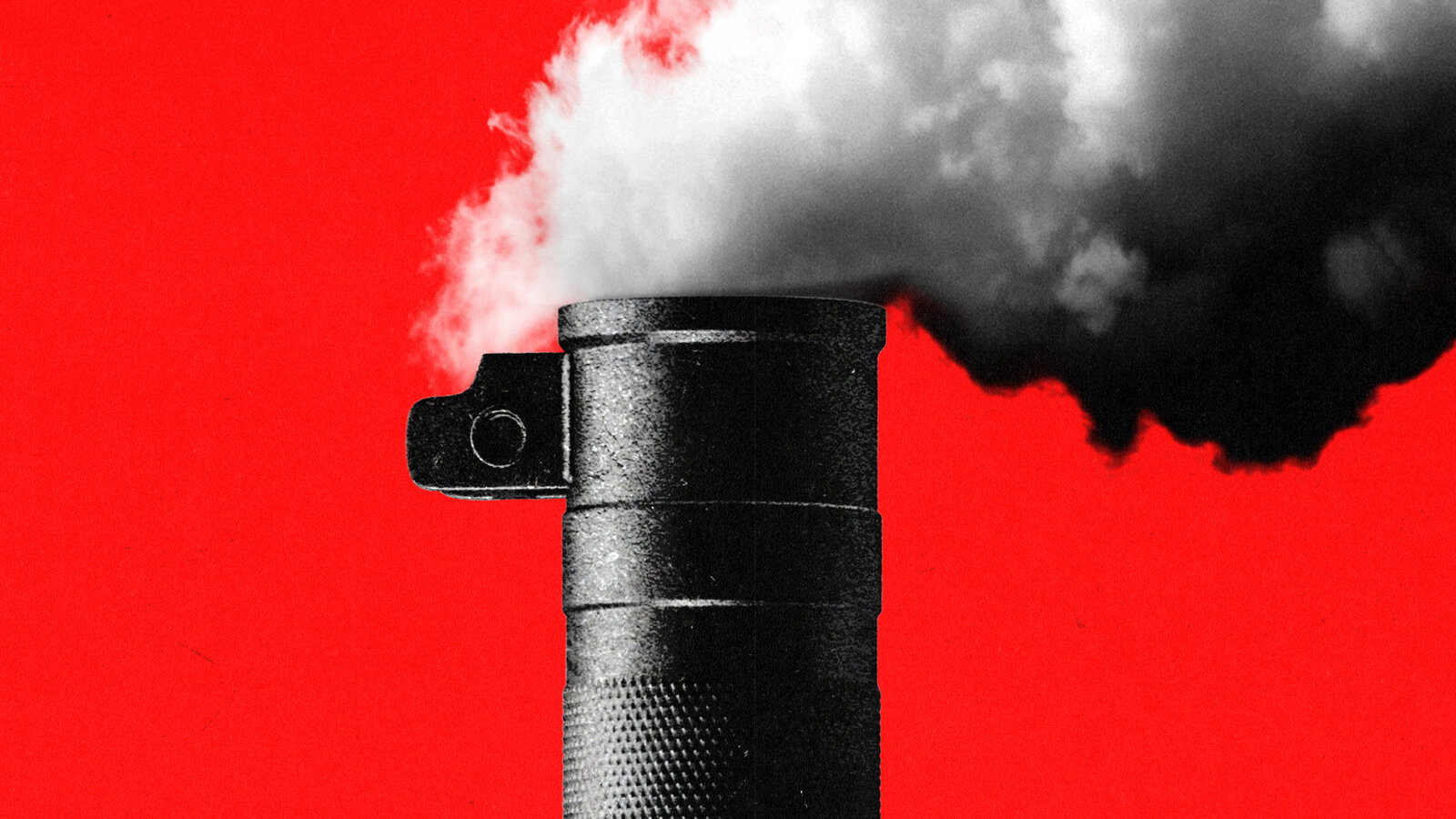Green Revolution: How Europe Can Capitalize on America's Cleantech Chill
Environment
2025-04-03 12:00:00Content
.png)
Clean Tech Crossroads: Europe's Opportunity in the Shifting US Energy Landscape
As uncertainty looms over US clean technology funding, Europe stands poised to potentially attract some of the most innovative cleantech companies currently operating in the United States. However, creating an attractive regulatory environment remains a critical challenge for the European Union.
The Changing US Energy Policy
Donald Trump's return to the political spotlight has signaled a dramatic shift in clean energy priorities. His actions include withdrawing from the Paris Climate Agreement, freezing climate research funding, and targeting the landmark $369-billion Inflation Reduction Act (IRA) - a comprehensive climate and clean energy investment package.
The uncertainty has created a unique opportunity for European policymakers and investors. Jigar Shah, former head of the US Department of Energy's Loans Programs Office, suggests that many cleantech companies are now urgently seeking more reliable international partners.
Europe's Strategic Response
The European Commission has begun crafting a proactive strategy to attract and support cleantech innovation. Key initiatives include:
- Releasing over €100 billion for EU-based clean manufacturing
- Identifying 47 strategic projects with expedited permitting procedures
- Introducing the Savings and Investments Union to redirect private investments
Challenges and Opportunities
While the potential for attracting US cleantech firms exists, experts caution that regulatory stability remains a significant concern. The EU must address funding uncertainties and create a more predictable investment environment.
Interestingly, the potential for company relocation might also influence US political strategy. Trump could potentially soften his anti-clean energy stance to prevent substantial job losses in the domestic market.
Looking Ahead
Despite political rhetoric, the IRA's momentum appears challenging to reverse. Many Republican lawmakers and energy groups now view clean energy incentives as crucial for economic development and maintaining America's global competitive edge.
As the clean technology landscape continues to evolve, both the United States and Europe will need to navigate complex political and economic dynamics to remain at the forefront of sustainable innovation.
Clean Energy Crossroads: Europe's Strategic Opportunity in the Global Cleantech Landscape
In the rapidly evolving world of clean energy, geopolitical shifts are creating unprecedented opportunities for technological innovation and strategic repositioning. As the United States experiences political turbulence in its clean technology sector, European nations stand at a critical juncture, poised to potentially reshape the global green energy ecosystem.Navigating the Turbulent Waters of Clean Energy Transformation
Political Uncertainty and Technological Disruption
The current geopolitical landscape presents a complex narrative of clean energy development. With the potential return of Donald Trump to the White House, the United States' commitment to clean technologies appears increasingly uncertain. This political volatility has created a unique window of opportunity for European nations to attract and nurture innovative cleantech companies seeking stable regulatory environments. The unpredictability of US climate policy has sent ripples through the global clean energy ecosystem. Researchers and entrepreneurs are increasingly looking for jurisdictions that offer consistent support and long-term strategic vision for sustainable technologies. European policymakers recognize this moment as a potential turning point in their technological and economic strategy.European Strategic Responses and Industrial Policy
The European Commission has begun crafting a comprehensive approach to stimulate its cleantech market. By unveiling plans to inject over €100 billion into made-in-EU clean manufacturing through the Clean Industrial Deal, European leaders are signaling a serious commitment to technological innovation. Strategic project selection and streamlined permitting procedures for critical raw materials demonstrate a nuanced understanding of the challenges facing cleantech development. This targeted approach suggests a more holistic view of industrial policy, moving beyond mere financial incentives to create a supportive ecosystem for technological advancement.Funding Dynamics and Investment Strategies
Financing remains a critical component of cleantech development. The recently introduced Savings and Investments Union represents a groundbreaking attempt to redirect private investments towards clean technologies. Even marginal shifts in institutional investment allocation can generate substantial momentum for the sector. However, challenges remain. The funding sources, including revenue from the EU's Emissions Trading System, are not unlimited and remain susceptible to external economic shocks. Member states must collaborate to create a robust and sustainable financial framework that can compete with aggressive international incentive programs.Global Competition and Technological Leadership
The competition for cleantech leadership extends beyond mere financial incentives. Regulatory stability, long-term policy commitment, and a supportive innovation ecosystem are equally crucial factors attracting cutting-edge technologies and talented entrepreneurs. European policymakers must continue refining their approach, learning from successful models while developing unique strategies that leverage the continent's strengths in research, engineering, and sustainable development. The goal is not just to attract existing technologies but to create an environment that fosters groundbreaking innovations.Future Outlook and Strategic Implications
As the global clean energy landscape continues to evolve, flexibility and strategic foresight will be paramount. European nations have a narrow but significant window to position themselves as leaders in the cleantech revolution. The interplay between political will, financial support, and regulatory frameworks will ultimately determine which regions emerge as technological frontrunners. For Europe, this represents both a challenge and an extraordinary opportunity to redefine its role in the global sustainable technology ecosystem.RELATED NEWS

Aging Decoded: The Surprising Ways Your Daily Choices Shape Your Longevity

EPA Water Rules Triumph: Supreme Court Backs San Francisco in Landmark Decision






